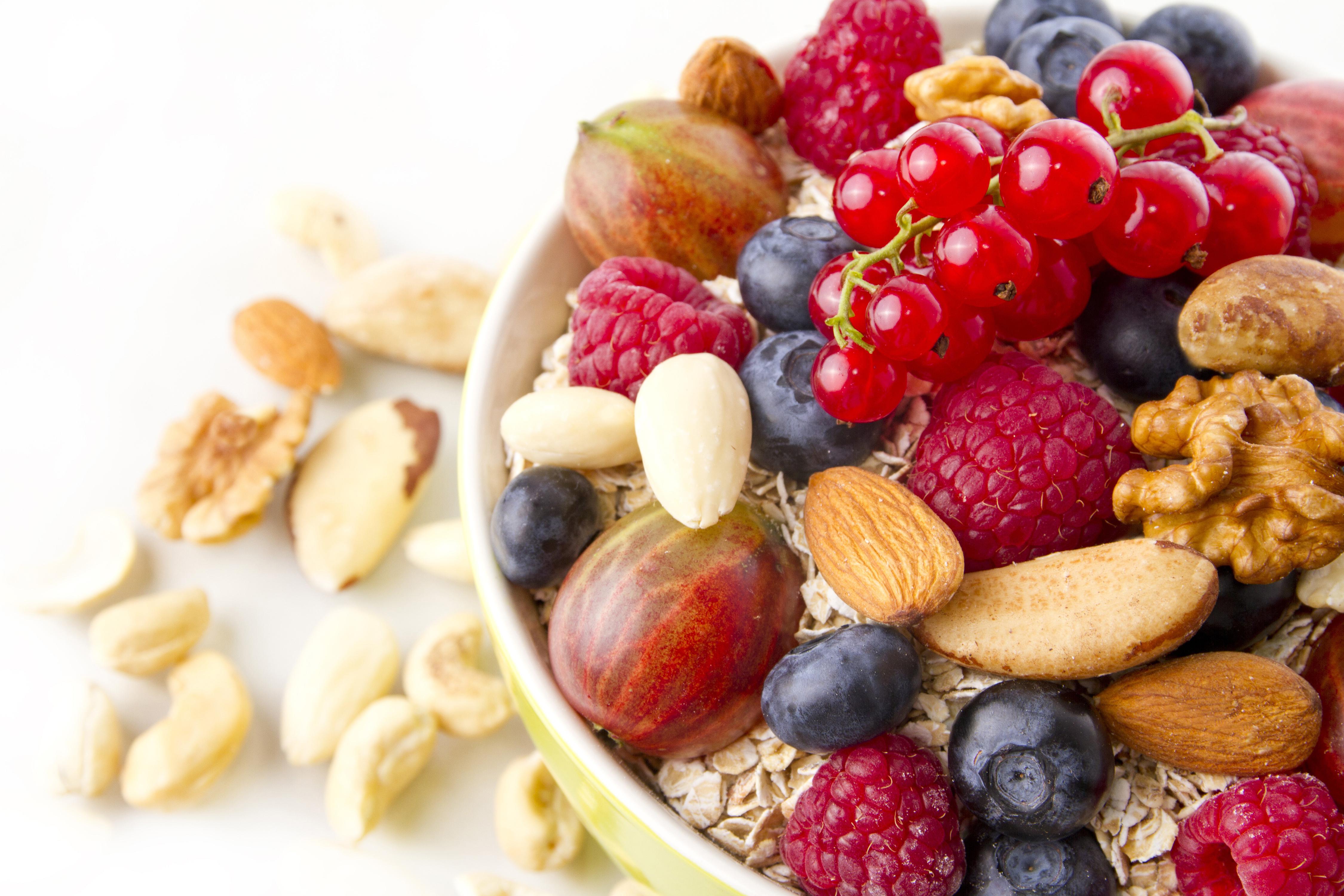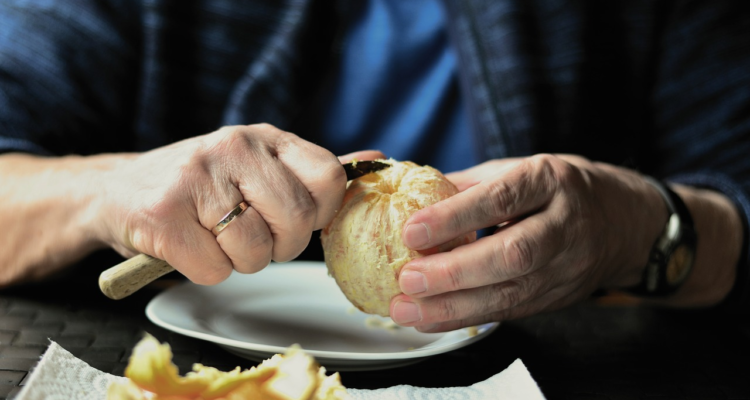- I’ve often written about keeping healthy and staying young through the power of nutrition. Now don’t get me wrong, I am definitely all for combating the aging process, but I understand that there’s only so much we can do before time finally catches up to us.

That does not, however, mean that you should stop taking care of yourself and eating properly once you hit your golden years. In fact, that’s even more reason for you to eat healthy and give your body the nutrition that it needs, as this guest post further explains.
As we age, our eating habits and needs can change. Maybe it’s due to health issues or certain lifestyle limitations, but one thing that will never change is healthy eating. Eating healthy can be achieved by observing the following:
Staying hydrated.
This might be news to some of you, but your sense of thirst actually lessens as you age. What’s more is that your kidneys aren’t able to conserve water in your body as well as it used to. This can lead to dehydration, which can be a precursor to a lot of more complicated health problems.
As much as possible, try to get your eight glasses of water in a day. You can also get your daily water requirement through other water-rich foods like cucumbers and watermelons. Understandably, some of us in our old age may forget to hydrate ourselves; thankfully home care services like Husky Senior Care can call you up to remind you to stay hydrated.
Mind your fats.
With old age comes a certain susceptibility to cardiovascular diseases. These can be exacerbated if you consume a lot of foods that are rich in saturated and trans fats, the kind found in meats and dairy products.
Now, I’m not saying you should avoid them entirely in your old age, I’m just saying that you may need to switch to a different kind of fat, such as the ones found in avocados, nuts and seeds. These superfoods contain monounsaturated fats and a host of other vitamins and minerals that can even help reduce the risk of developing heart disease and diabetes.
Avoid empty calories.
The physiology of an older adult’s body is different from that of a younger adult. They require more of certain vitamins and minerals, and also have a tendency to lose them faster or have a harder time absorbing them. To add to that, some older adults can have a harder time getting rid of calories that can increase their susceptibility to certain diseases.
Consuming foods high in caloric content but that provide very few nutrients can make it harder for you to stay healthy in your old age. Doughnuts, french fries, and even soda may satisfy your cravings, but they will only make it harder for you to keep off excess weight; especially as we age and often become less physically active.
Drink responsibly.
The occasional alcoholic beverage is fine for most people, and in some cases drinking the occasional glass of wine can even help with heart health. But if you’re a little older, you may want to dial down your alcohol intake.
Too much alcohol can cause your skin to age faster and your body to pack on the pounds more quickly. Furthermore, if you have a chronic illness or are taking medication, alcohol can interfere with the medicine’s efficacy.
Nutrition and healthy eating is always important, but as you age it becomes even more important. Learn to manage your nutrition by following the tips above and live a healthy life in your old age!

